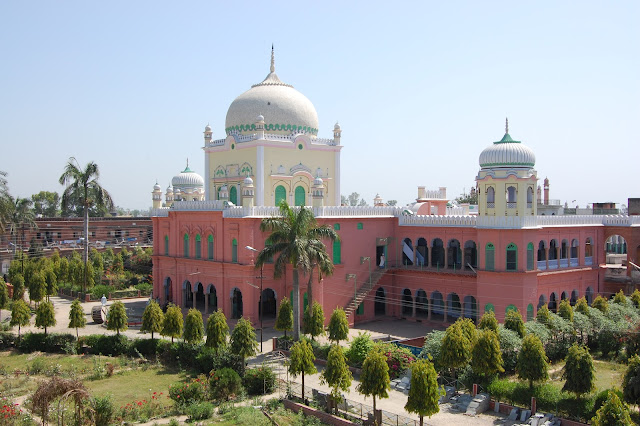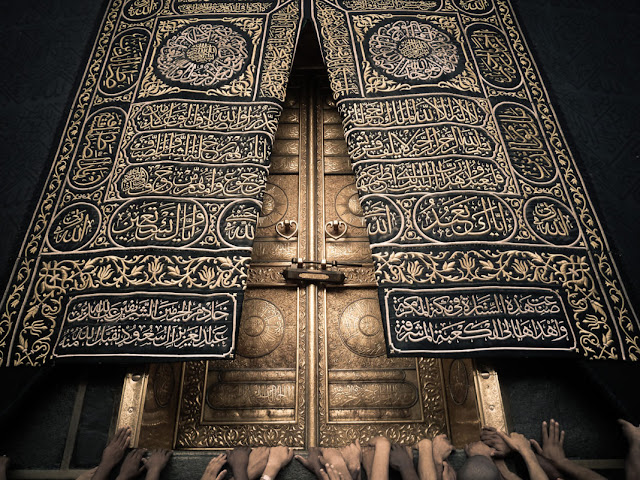Religion: Too Important To Be Left To Clerics

Sameer Arshad Khatlani Follow on Facebook I ndian Islamic scholar Maulana Hussain Madani, who headed the Darul Uloom Deoband seminary for three decades from 1927 to 1957, challenged poet-philosopher Muhammad Iqbal when the latter began pushing his idea of territorial nationalism in the 1930s. Madani held his own against Iqbal, a Cambridge University alumnus and arguably Urdu’s greatest poet, in an informed debate on nationhood. Madani cited Islamic sources to argue for composite nationalism and united India while rejecting Iqbal’s idea. Muhammad Ali Jinnah fleshed out the idea in the shape of Pakistan that was created by partitioning the Indian subcontinent in 1947. He overshadowed people such as Madani as he made Pakistan a reality. The division did not just trigger mass killings and migrations but also led to the Muslim brain drain to Pakistan. The drain accelerated the margination of the Muslims left behind. A decline in clerical quality that scholars such as Madani and Ab...





